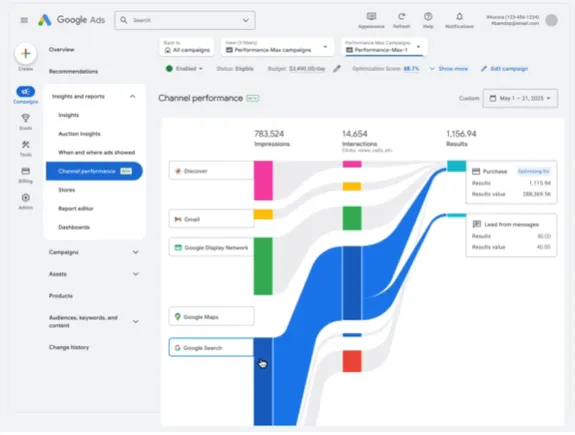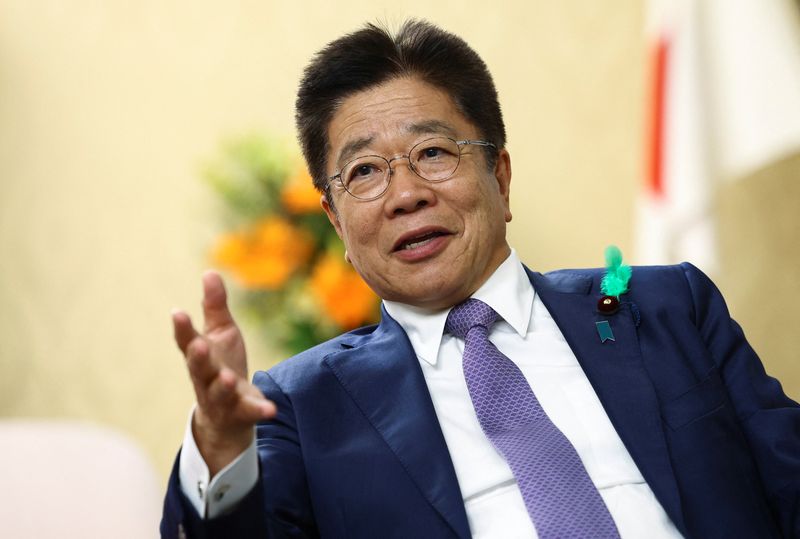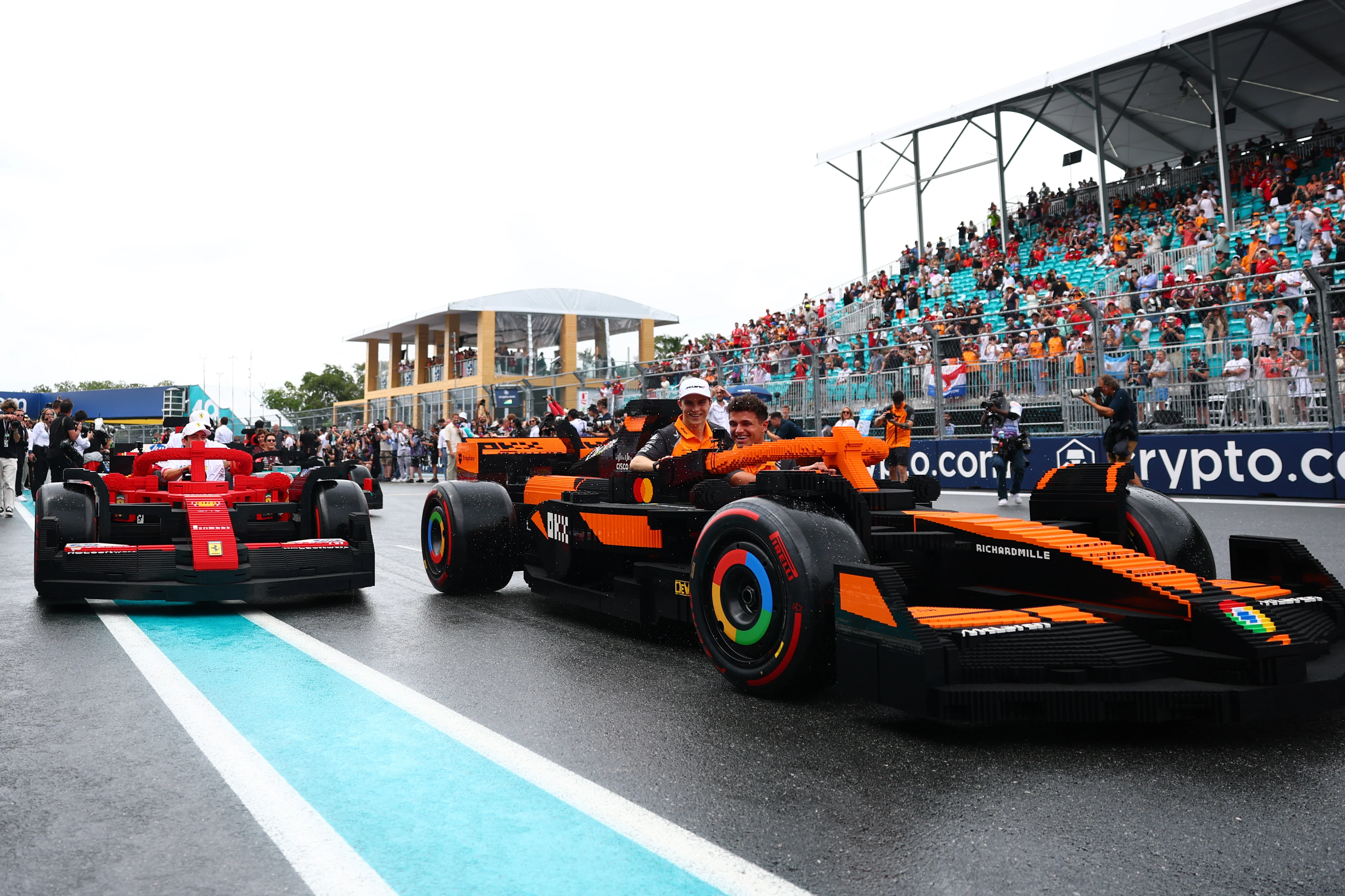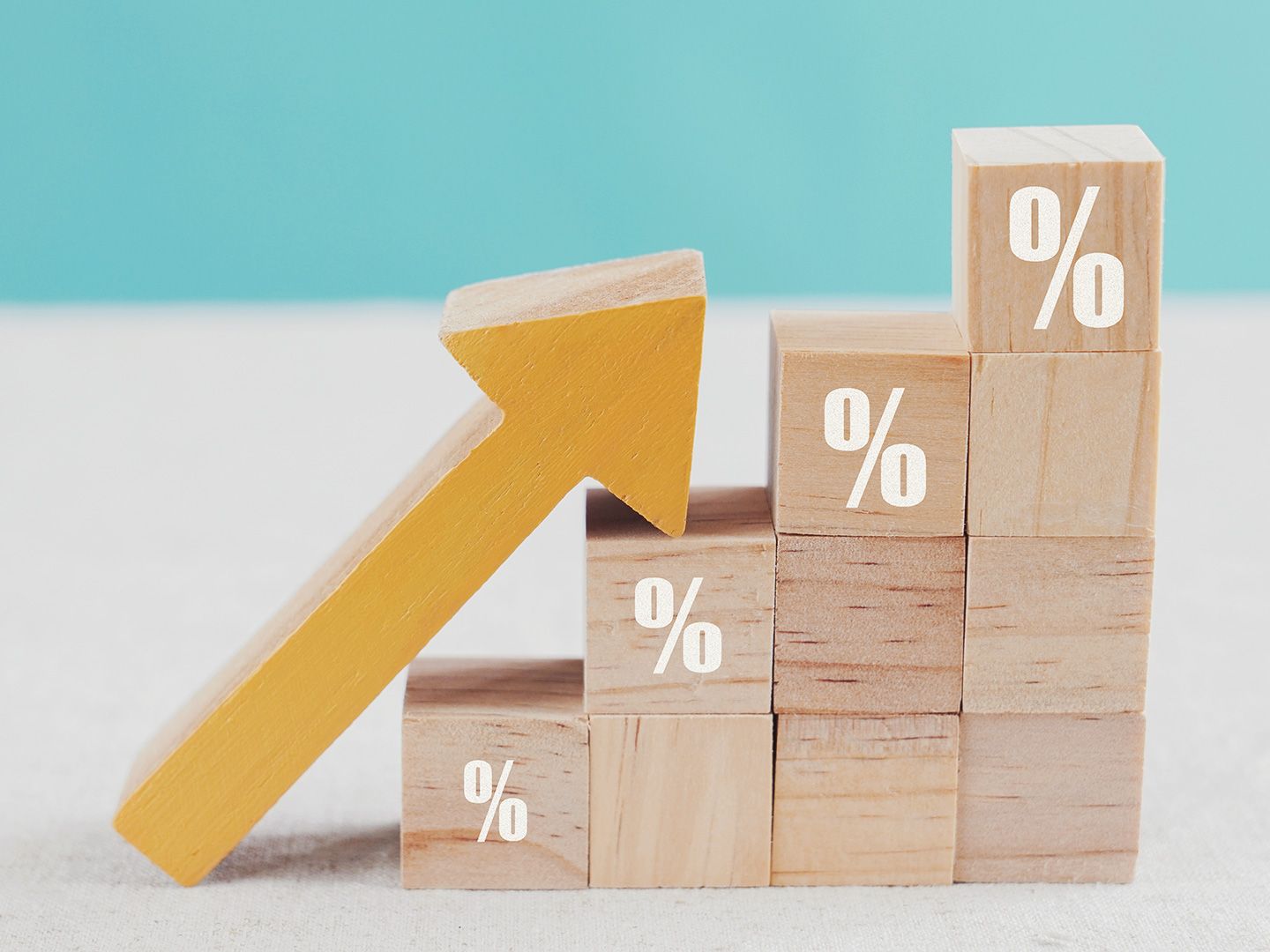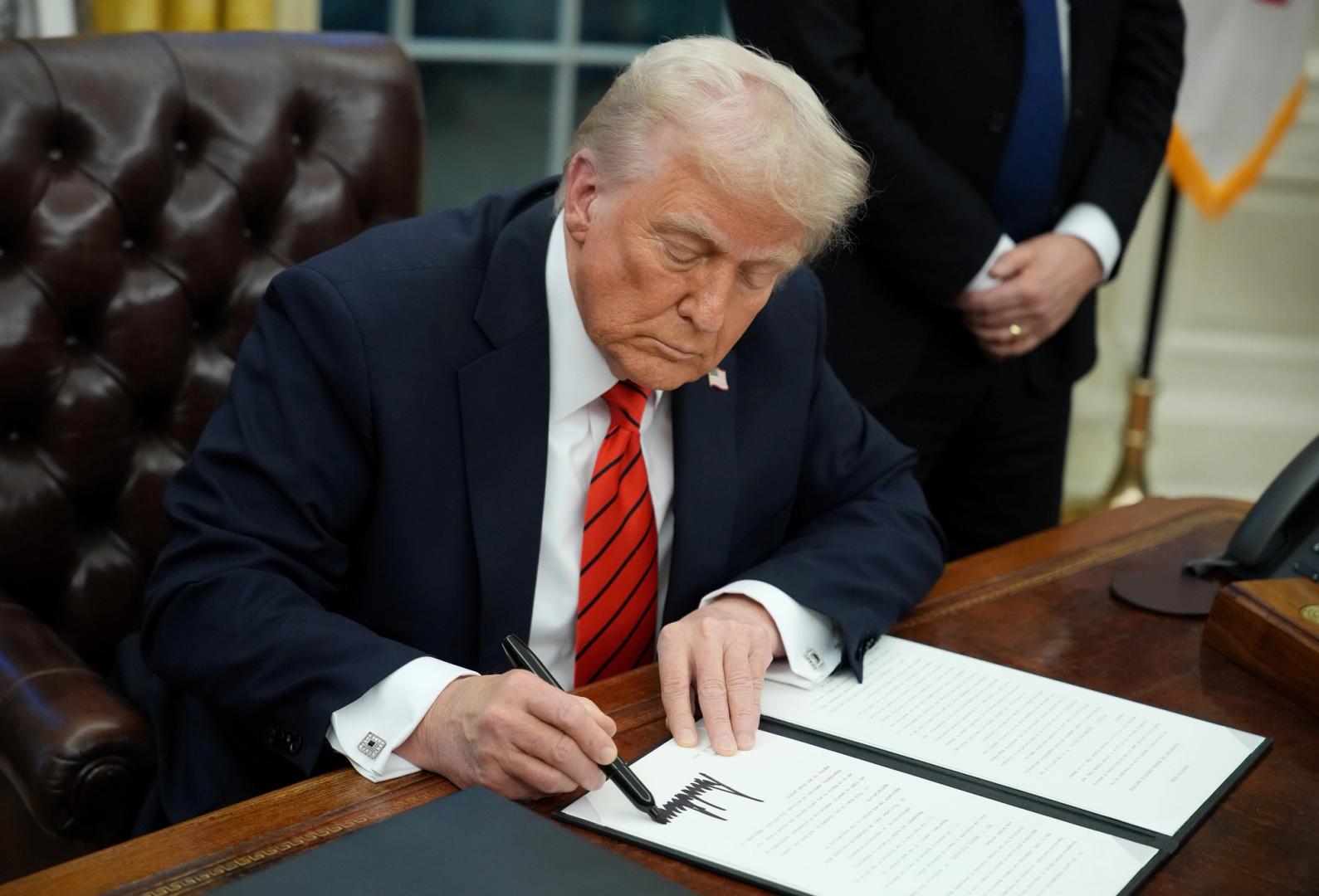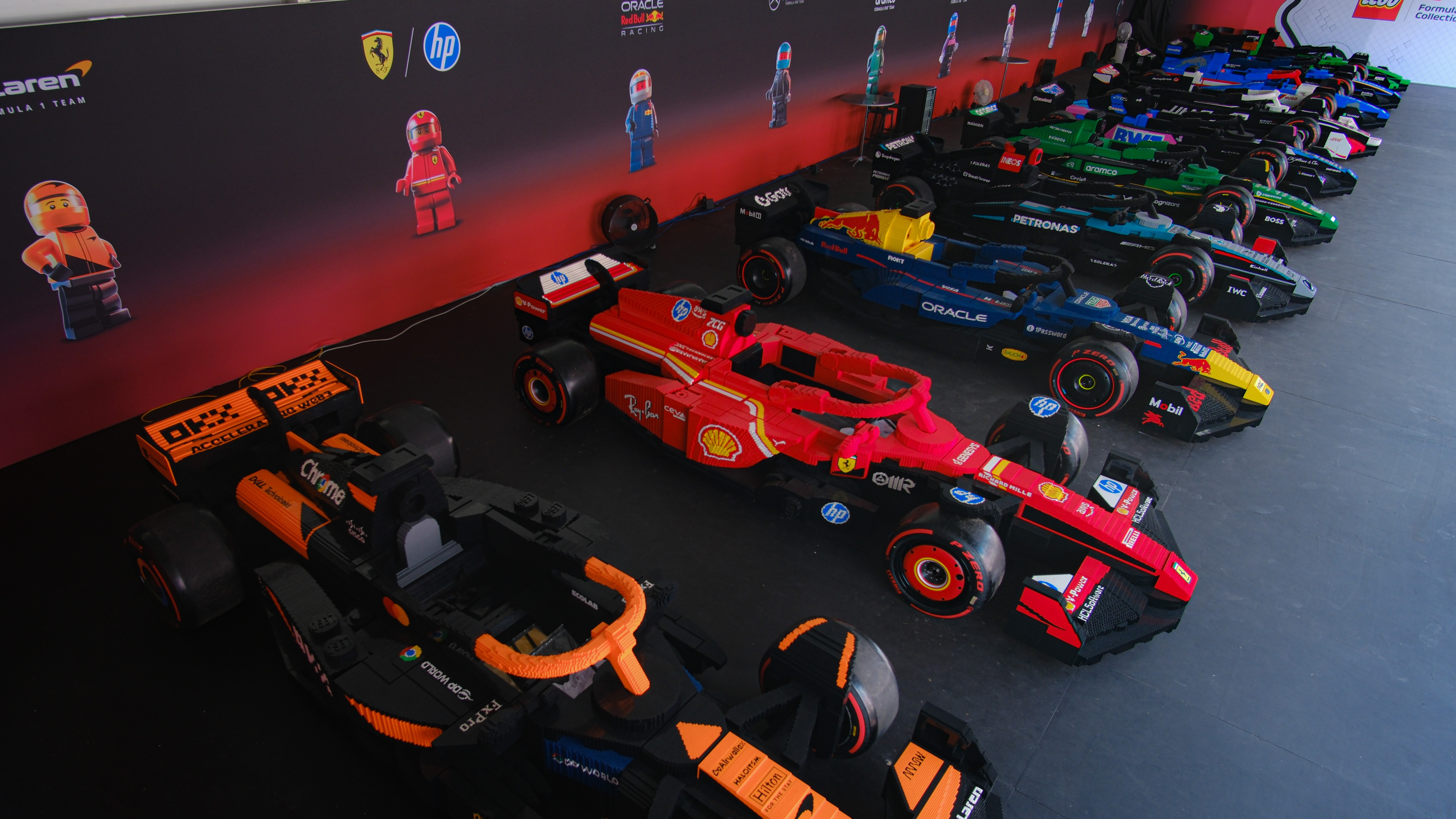Electric Car Battery Mining Operation Allegedly Hid Evidence It Was Leaching Dangerous Chemical Into Water System
One of the common misconceptions about electric vehicles is that they're a net positive for the environment. While it's true that EVs themselves don't spew nasty exhaust into the atmosphere, their clean carbon footprint is offset in other ways: namely into battery manufacturing and electrical production. Precious metals required to build high-tech EV batteries are likewise


One of the common misconceptions about electric vehicles is that they're a net positive for the environment. While EVs are almost certainly better for the planet than gas-powered ones, they still have a substantial impact because of factors like battery manufacturing and coal-generated electricity.
Mining the precious metals needed to build high-tech EV batteries is especially rough on the environment — and the people living nearby — as one nickel extraction operation has shown.
The Harita Group is a massive Indonesian conglomerate responsible for one of the largest nickel mining operations in the country, which is currently the world leader in nickel exports. Harita is a major player in Indonesia's metal supply chain, with its coal-fired smelters responsible for nearly one percent of Indonesia's total carbon emissions in 2023.
As it turns out, it's also one of the island nation's leading water polluters.
A new investigation by the Organized Crime and Corruption Reporting Project (OCCRP) found evidence of a decade-long chemical dumping scheme connected to Harita's nickel mine, which began operations in 2010. The OCCRP alleges that Harita's operations have leached the the waste chemical chromium-6 — a highly carcinogenic byproduct of high-temperature nickel extraction, perhaps best known as the contaminant investigated by activist Erin Brockovich back in the 1990s — into local waters for years on end.
As a massive mining conglomerate, Harita has a veritable army of environmental scientists at its disposable, constantly taking soil and water samples in compliance with national law. Responding to critics in a 2023 statement, the company wrote that it performs "environmental treatment and management for its waste under applicable government regulations," adding that it has "proven its compliance" with federal regulations.
But thousands of now-leaked emails tell another story: when Harita first discovered elevated chromium-6 levels in the water, it decided to hide the data from the local and international community, asking the government "not to convey the information to the pubic at this time due to the current unfavorable situation."
Though the company didn't respond to comments to OCCRP or The Guardian — which reported on Harita's chromium-6 dumping back in 2022 — the company's director of health, safety, and environment, Tonny Gultom, was photographed holding a glass of water from a local stream to his lips back in 2023. The photos stop short of showing Gultom drinking the water, however.

Worse yet, the company appears to have known about elevated chromium-6 levels as far back as 2012, but made no effort to inform local communities or mitigate its toxic spillage.
The dumping and subsequent coverup are unfortunately par for the course in the precious metals industry, especially so when it comes to the EV market, which has an obvious interest in burying any sign of environmental harm.
It's an important reminder that green energy isn't necessarily a net-positive. EVs might reduce smog and increase air quality for rich cities in the west — but at the expense of typically poorer, industrial workers in the parts of the world where precious green energy metals are found.
By turning a blind eye to the upstream damage caused by mining and production, we're not solving the problem — only kicking the can down the road for someone else to clean up.
More on toxic waste: Trump Admin Cancels Programs to Protect Children From Toxic Chemicals
The post Electric Car Battery Mining Operation Allegedly Hid Evidence It Was Leaching Dangerous Chemical Into Water System appeared first on Futurism.






